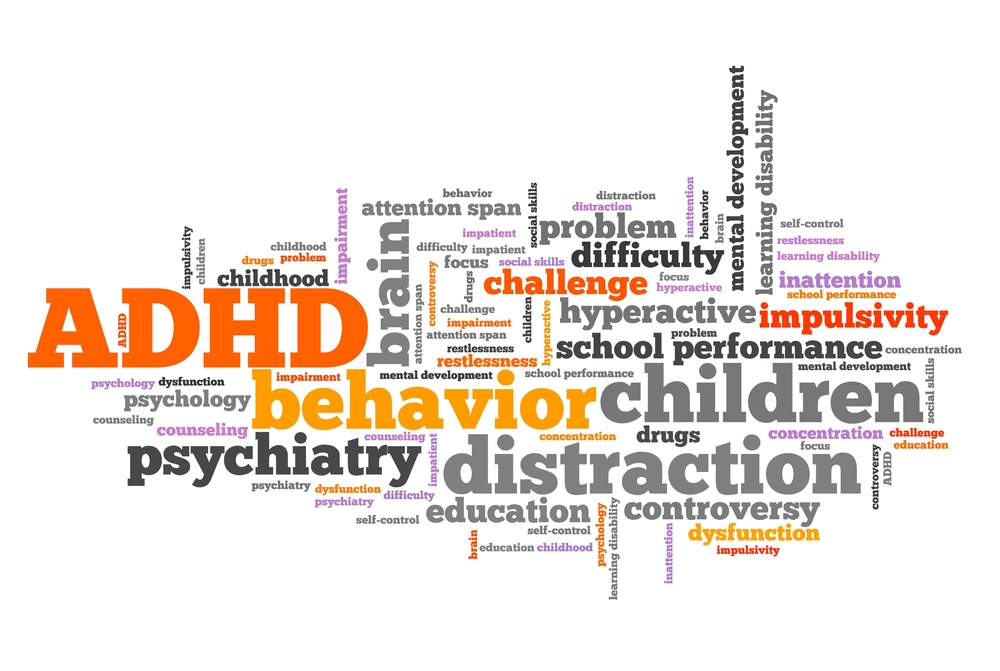
Are the negative effects of attention deficit hyperactivity disorder plaguing you or a loved one? Attention Deficit Hyperactivity Disorder is denoted by the letters “ADHD.” The American Psychological Association lists ADHD as one of the most common mental health conditions in the country. In the US, it affects kids and a tiny proportion of adults. However, ADHD treatment is available.
Self-stimulating habits, sometimes known as “stimming,” are one of the obvious signs of ADHD in youngsters.
The three main symptoms of ADHD are impulsivity, hyperactivity, and inattentiveness. Without intervention, we risk wrongly categorizing those who have this condition as “difficult” or having behavioral issues.
Self-stimulating actions are essentially an innate defensive mechanism meant to assist us self-soothe and ease anxiety when ADHD is the cause.
Self-Stimulatory Patterns
Children who engage in self-stimulating actions typically do so out of an unconscious need to calm themselves, according to psychology researchers. A child or adult who is going through a sensory overload usually starts to self-soothe as soon as they feel overwhelmed.
When we pace back and forth, fidget, or rhythmically twiddle our fingers, we all engage in self-stimulating behaviors.
Regular self-soothing activities and stimming differ in that self-stimulating behaviors seem excessive to parents, other kids, and psychologists with the training to recognize and diagnose mental illness.
People with ADHD frequently exhibit self-stimulating activities that can resemble any of the following due to sensory overload.
Too much talking
Tapping \sSpinning \sHumming
Head banging while rocking back and forth
Remember that stimming can mimic any of these behaviors as well as others if hyperactivity or inattention are present.
Receiving Care
The symptoms of ADHD don’t have to affect just you and your loved ones. According to the American Psychological Association mental health professionals, up to 8.5% of children and 2.5% of adults in the US experience signs of ADHD.
Get assistance if you or someone you care about is showing signs of ADHD or has just received a diagnosis. Consult a Chandler, Arizona, qualified mental health professional about receiving professional therapy.
In order to rule out physical health concerns, treatment frequently starts with recommendations for medical testing, laboratory blood tests, and evaluation.
Trained mental health specialists will begin psychiatric evaluations to evaluate mental health problems once physical health issues have been ruled out.
Please feel free to get in touch with me if you’re searching for testing or treatment for ADD/ADHD, bipolar disorder (BPD), obsessive-compulsive disorder (OCD), or other mental diseases.
Medication, counseling, or a mix of the two are all acceptable forms of mental health care for minimizing the detrimental consequences of ADHD in adults and children. The most appropriate course of action can be decided upon with the assistance of a qualified mental health practitioner.
Contact Me Today!
For a consultation, contact me today to get started on ADHD treatment!